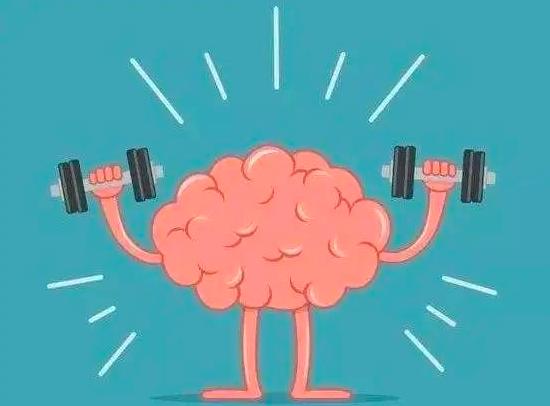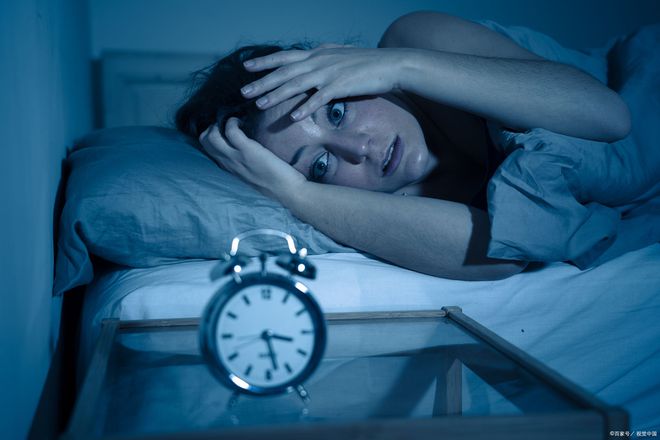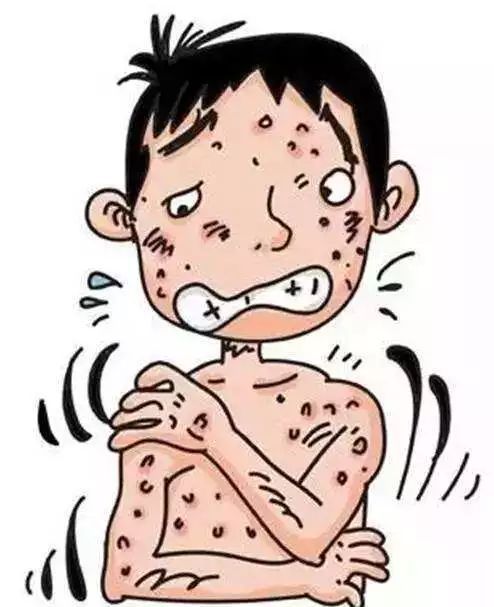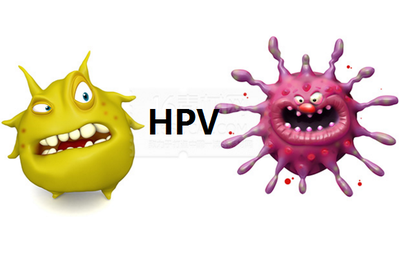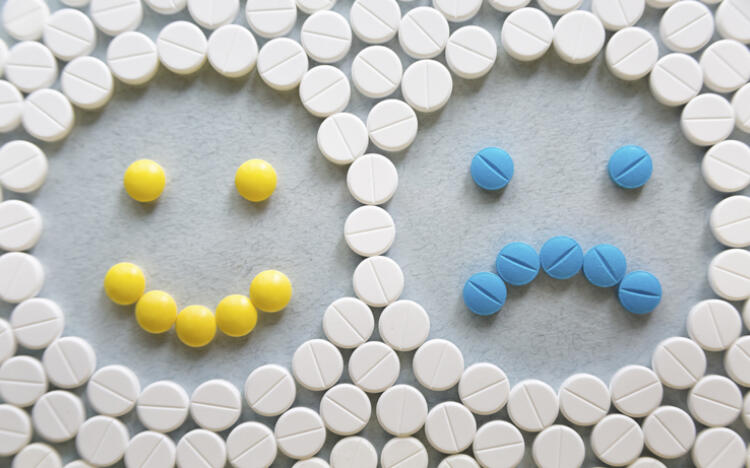
Q1 Do antidepressants cause addiction or drug dependence?
The new antidepressants that are now routinely used in clinical practice will not cause dependence due to addiction. However, there are still some patients who may experience dizziness, paresthesia, nausea, etc. after long-term use of antidepressants. This discomfort is not a "dependence" on antidepressants, but a "withdrawal reaction". Because of long-term use of the drug, the body adapts to the drug.Therefore, if you reduce the dose or stop the drug without authorization because of fear of "addiction", it will aggravate the "withdrawal reaction", but it will not be beneficial to the treatment.
Q2 Will antidepressants cause fatigue and lethargy, thereby reducing the ability to study and work?
Some antidepressants such as mirtazapine, paroxetine, agomelatine, trazodone, etc. have a strong sedative effect and are more prone to drowsiness. If fatigue and drowsiness still occur, you can switch to drugs with less sedative effects such as bupropion, venlafaxine, sertraline, escitalopram, duloxetine, vortioxetine, etc. Although antidepressants may cause daytime drowsiness, untreated depressive symptoms will greatly affect the efficiency of study and work.
Q3 Do antidepressants make people fat?
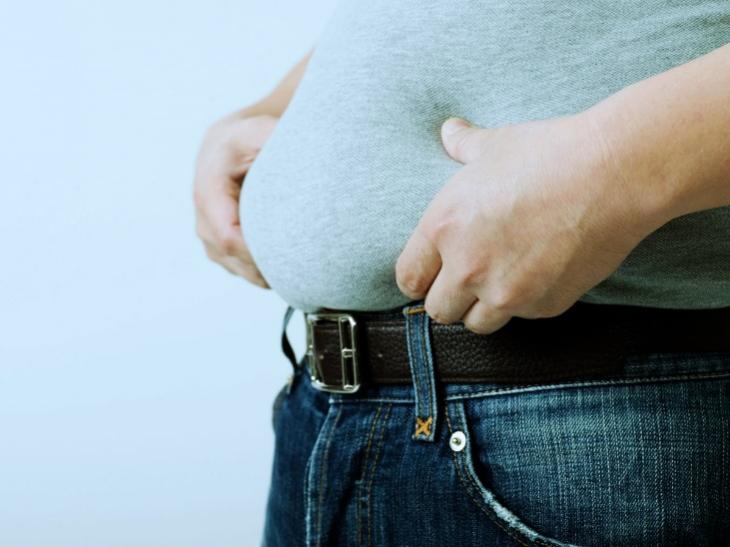
Some antidepressants can increase the appetite and affect the metabolism, which will cause the patient to gain a certain amount of weight. Since many patients experience loss of appetite and weight loss during a depressive episode, and after treatment improves, their diet returns to normal and weight gain occurs, which is actually a therapeutic effect to some extent. For patients who are concerned about their weight or are at high risk for weight, psychologists may recommend that they take medications that have less impact on weight, such as sertraline, bupropion, escitalopram, vortioxetine, and more.
Q4 Will antidepressants will affect sexual function?
Sexual dysfunction itself is one of the symptoms of depression, and antidepressants, especially SSRIs and SNRIs, can also cause side effects such as decreased libido, erectile dysfunction, and delayed ejaculation. Once such a problem occurs, the patient should overcome shyness and communicate with a psychiatrist, who will switch to drugs that have little effect on sexual function, such as bupropion, mirtazapine, trazodone, etc., but the key to solving this problem is to treat depression thoroughly and promptly to achieve recovery.
Q5 Why does the condition worsen after taking antidepressants?
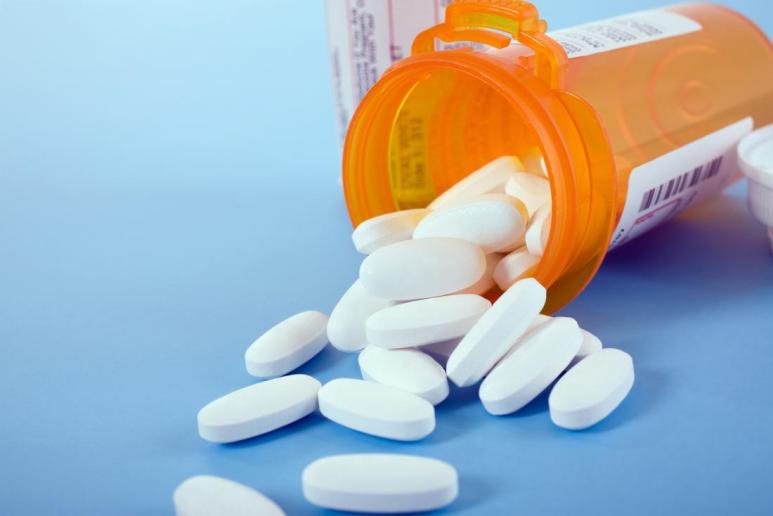
Due to the long onset time of antidepressants, patients cannot feel the improvement of symptoms in the early stage of taking antidepressants, and some side effects appear at the same time, which will make patients think that it is a "deterioration of the disease". At the same time, some antidepressants such as fluoxetine and paroxetine may have an activation effect in the early stage of taking, manifesting as symptoms of anxiety and agitation.
Other common side effects of antidepressants are: dry mouth, constipation, diarrhea, nausea and other gastrointestinal adverse reactions, headache, dizziness, tremor, hypotension that changes with body position, etc. These adverse reactions generally follow the medication. They are relieved over time, and very few patients would discontinue medication because of them.


